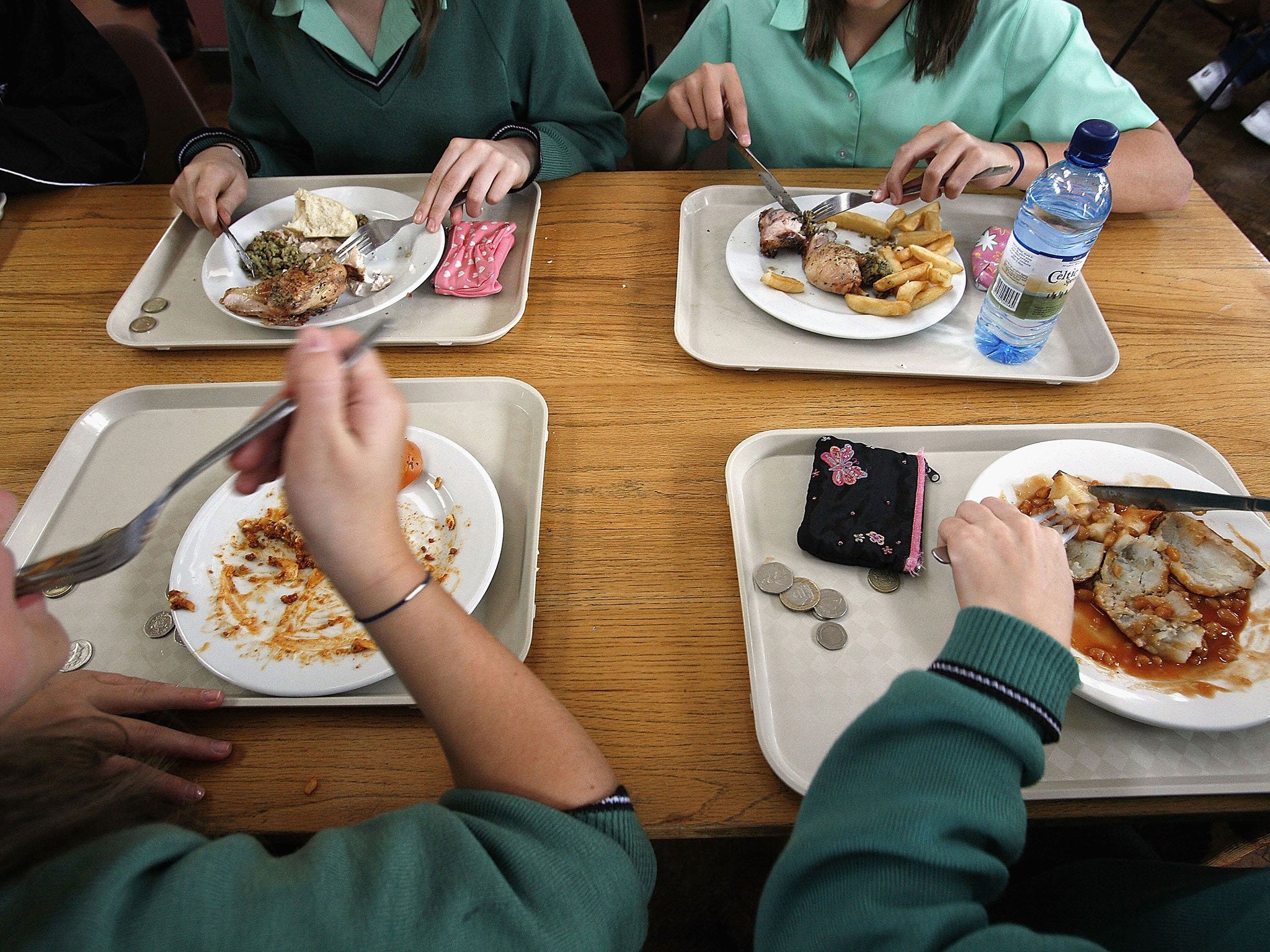Even excellent schools ‘don’t help poor kids to catch rich’
The gap in performance between poor and better-off pupils is just as high in schools ranked “outstanding” as those labelled “inadequate”, researchers have found.
A study by an Oxford University academic reveals that children on free school meals (FSM) lag just as far behind their richer peers in good schools as in bad schools.
“Even if we improved all ‘inadequate’ schools to the level of those judged ‘outstanding’ we would still have a free-school-meal gap and of much the same size as we do today,” the study concludes.
The findings, to be presented to the British Educational Research Association at London University’s Institute of Education tomorrow, show the gap in performance between those achieving five A* to C grades at GCSE including maths and English is 25 percentage points in “outstanding” schools – with 50 per cent of children on free school meals obtaining the grades, compared with 75 per cent of other pupils.
This gap is exactly the same in those schools ranked “good” by the education-standards watchdog, Ofsted, though the overall performance level is lower – 39 per cent compared with 64 per cent. Almost exactly the same performance gap exists in “inadequate” schools.
Professor Steve Strand, the report’s author, concludes that successive governments have been wrong to blame “failing schools” for the stark differences in performance between the two sets of pupils, Instead, the reason is likely to be “factors outside the school gates (in the home, wider community or peer groups)”.

“This is not a question of blame but of recognising the importance of other factors: for example, children who grow up in poverty may do less well in education because they have parents who are more stressed, less able to afford educational activities and resources and less well-placed to help them with their homework,” the report says.
The study coincides with a report from the right-of-centre think-tank Policy Exchange which warns that as many as 3,000 primary schools could fall below tough new minimum standards in the three Rs being introduced in 2016. This is because the floor target for those reaching an acceptable standard in reading and maths is being raised to 85 per cent – at the same time that the national curriculum for primary schools is being made tougher with more demanding targets, particularly in maths.
The report argues that all should be made academies – as local authorities no longer have enough resources to support school improvement as they lose cash every time a school opts for academy status. The authorities, however, should be encouraged to become academy sponsors in their own right as some have the expertise available.
Join our commenting forum
Join thought-provoking conversations, follow other Independent readers and see their replies
Comments